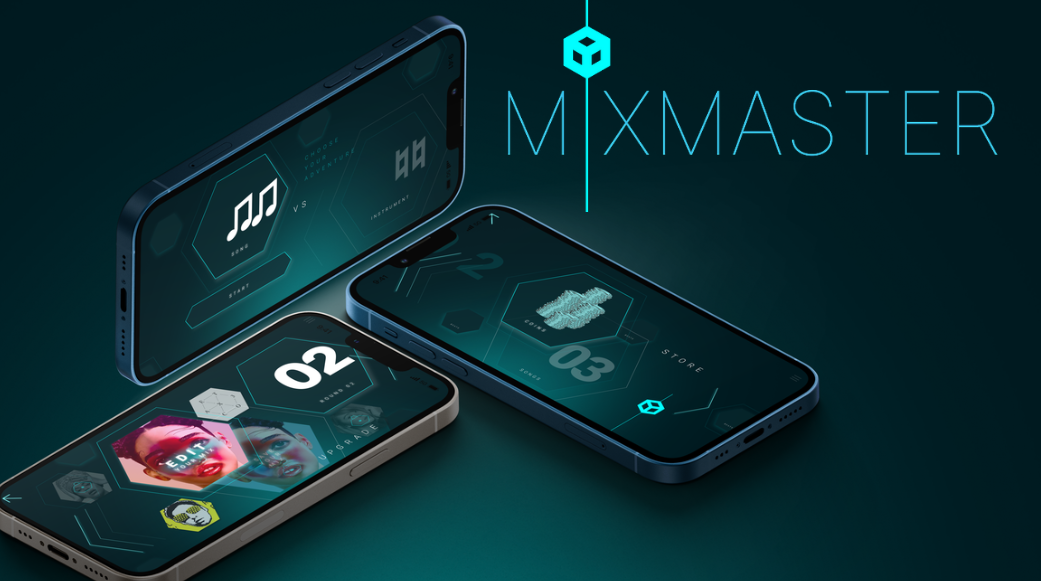
October 23, 2025
Discover how Mix Master strengthens your brain just like an instrument - training focus, creativity, and emotional intelligence through the science of sound.
Read more.png)
September 8, 2025
Tools like Suno are now powerful enough to generate melodies, lyrics, and even full songs in seconds. That’s exciting—and controversial. Just ask Timbaland. Recently, he came under fire..
Read more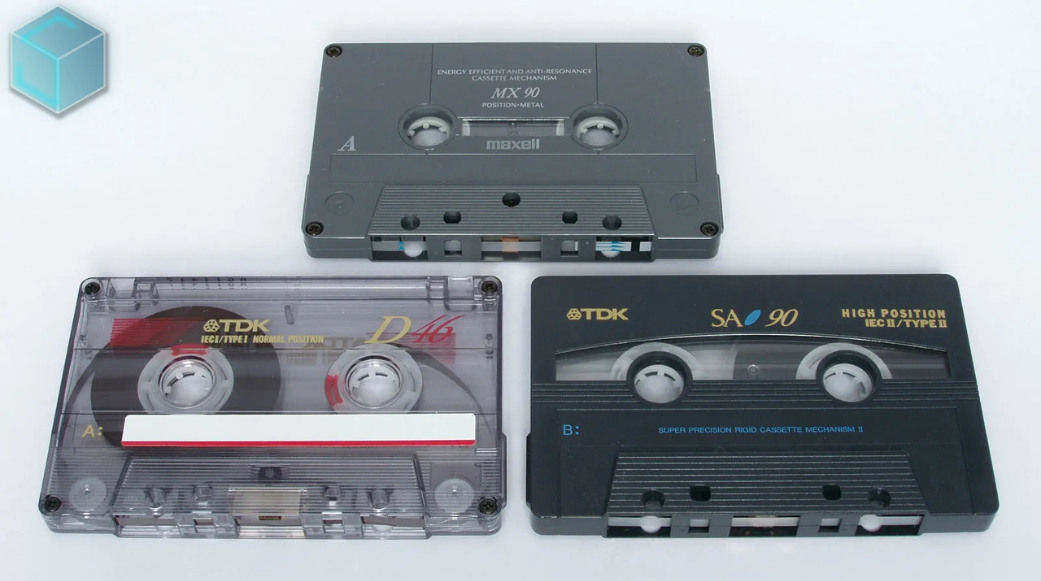
August 23, 2025
The 1980s and 1990s analog music medium known as cassette cassettes is experiencing an unanticipated comeback, with Gen Z spearheading the trend. Taylor Swift, who included cassettes in the release...
Read more
August 23, 2025
This week's most notable headline: Doja Cat's erotically charged, '80s-inspired music video, "Jealous Type," is dominating social media feeds and cultural discourse, marking her most daring...
Read more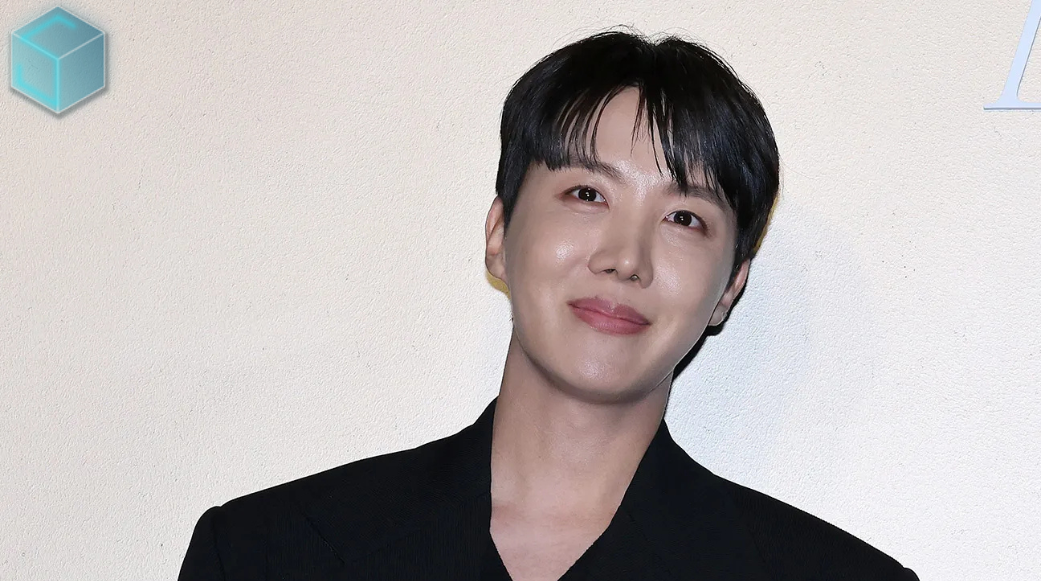
August 23, 2025
J-hope and GloRilla's "Killin' It Girl," a spectacular blend of K-pop flare and shameless hip-hop heat that has taken the world by storm, is this week's winner of the Best Collaboration of Summer...
Read more
August 23, 2025
Carly Rae Jepsen is giving fans the ultimate gift for the 10th anniversary of her critically adored album Emotion: a special edition featuring four never-before-heard tracks and two fresh remixes...
Read more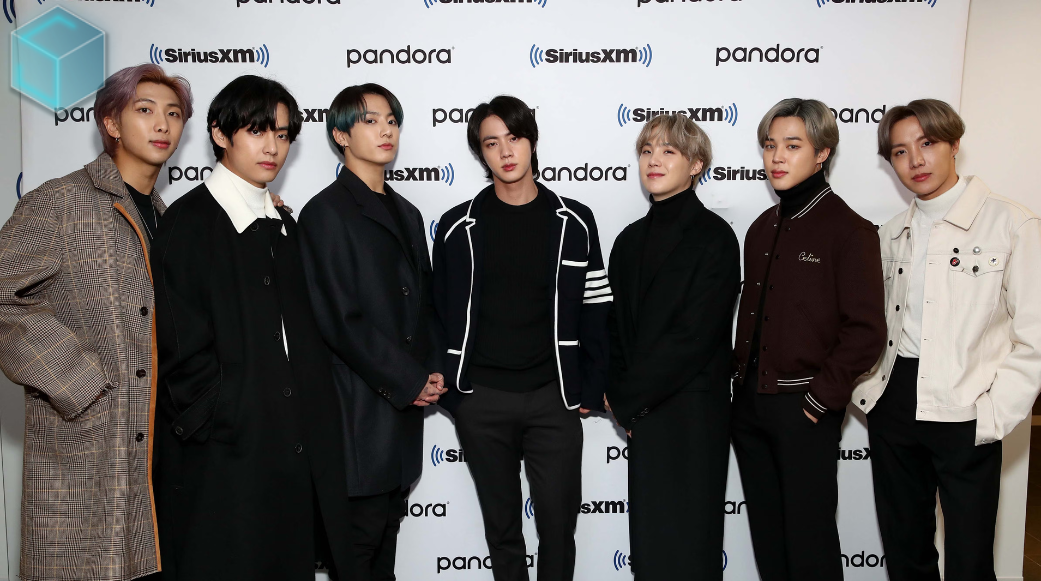
August 23, 2025
The wait is over, ARMY! BTS is officially back together and balancing work and play in their first moments of reunion after completing mandatory military service. J-Hope sent fans into a frenzy...
Read more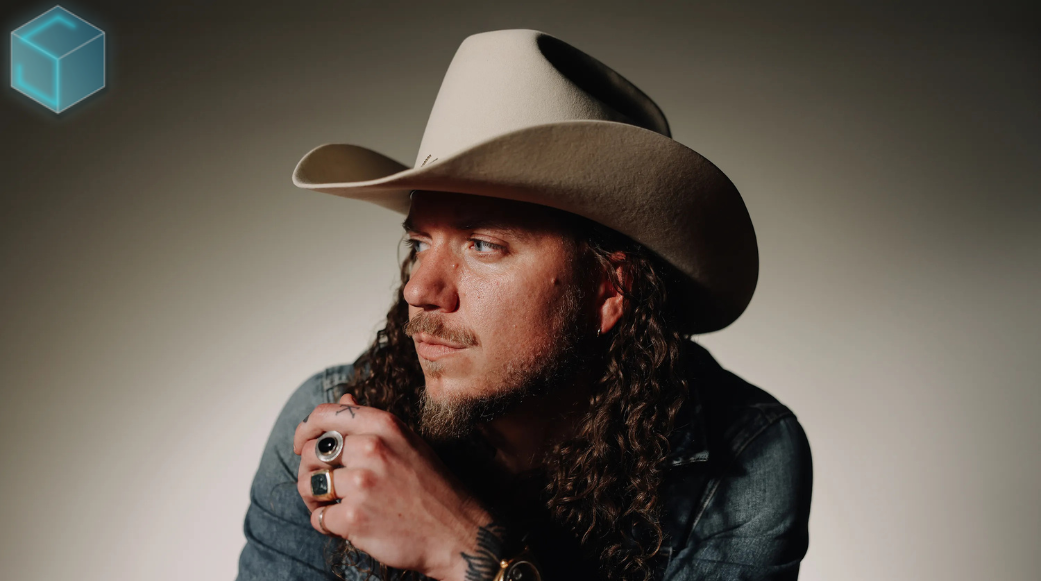
August 23, 2025
Christian music stepped outside of its quiet comfort zone in 2025. "Hard Fought Hallelujah," a worship song by Brandon Lake, went platinum, sold out festival stages, and exploded from churches to...
Read more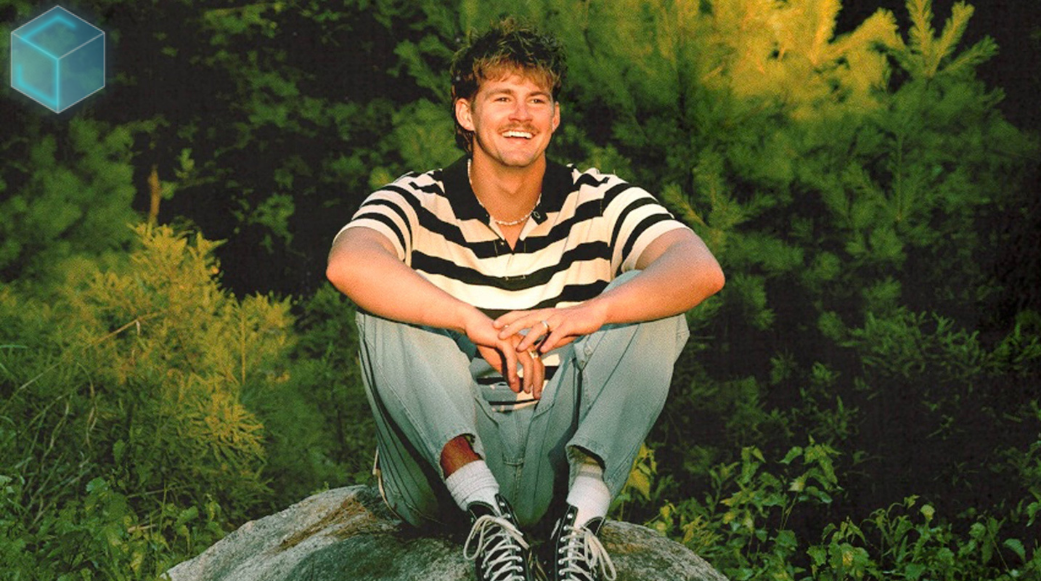
August 23, 2025
In late July 2025, Christian artist Forrest Frank (of Surfaces, now a solo juggernaut in faith-pop) posted from a hospital bed: he’d fractured his L3 and L4 vertebrae in a skateboarding accident...
Read more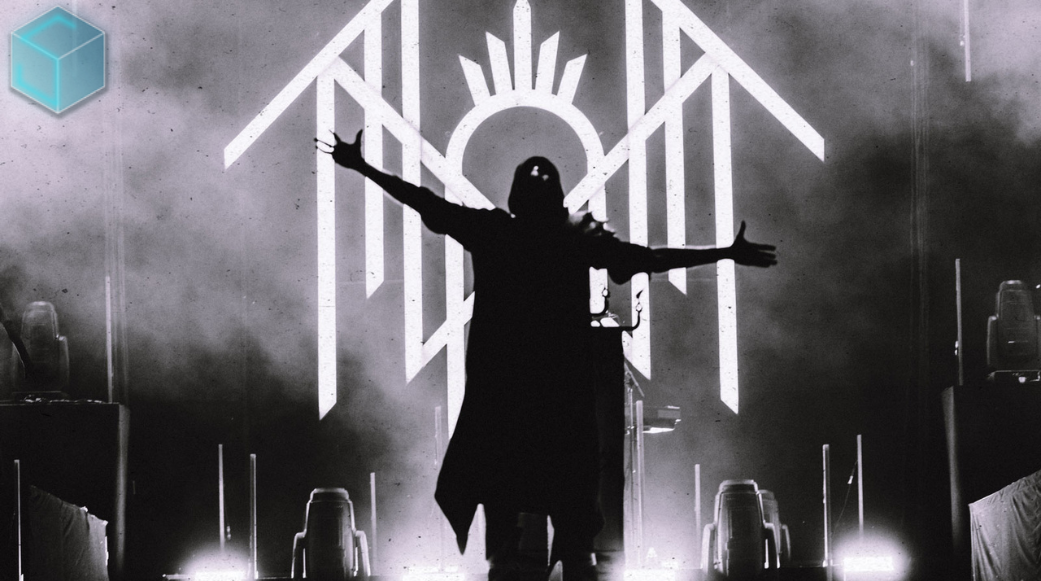
August 21, 2025
On September 16, the masked metal phenomenon Sleep Token will embark on their 2025 "Even In Arcadia Tour" across North America. The 18-show tour, which includes a huge date at Brooklyn's Barclays...
Read more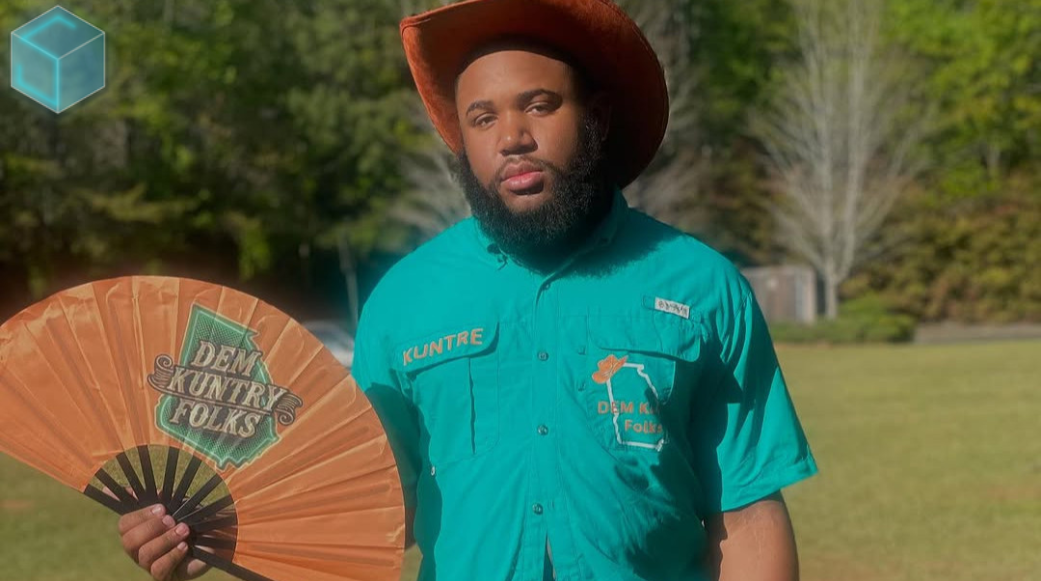
August 21, 2025
Due to a line dance that went viral and won over fans' hearts both inside and outside of the United States, 22-year-old Tre Little's song "Boots on the Ground" has become a cultural sensation this...
Read more
August 21, 2025
In addition to preparing for her next album, The Life of a Showgirl, Taylor Swift is reviving the physical medium this week by putting her songs on cassette tapes. This sentimental action...
Read more.png)
When it comes to launching your music career, one common question arises: "Should I start with an EP or a single?" This is a crucial decision for any new artist, especially for those who are trying to make an impact without a fanbase. Let's explore some considerations and share examples of famous musicians who faced similar dilemmas.
If you're just starting out, releasing a single is often recommended for a few reasons:
However, if you already have experience in songwriting and production, as you've mentioned, launching with an EP might be more strategic. An EP (Extended Play) usually consists of 3-5 songs and can showcase your range and versatility, providing a more comprehensive introduction to your music.
Starting with an EP can be advantageous for several reasons:
Several well-known artists launched their careers with an EP, using it as a platform to establish their style and gain initial traction.
These examples illustrate that starting with an EP can be a powerful way to introduce yourself to the music world, especially if you have the skills to back it up.
It's natural to feel scared about not being noticed, whether you release a single or an EP. Here are some tips to help you gain traction:
Ultimately, whether you start with a single or an EP depends on your confidence in your material, your marketing strategy, and your goals as an artist. Given your experience in songwriting and producing, an EP could make a more substantial impact. Remember, every artist's journey is unique, and there's no one-size-fits-all answer. Trust your instincts, and use your first release to showcase your true musical identity.